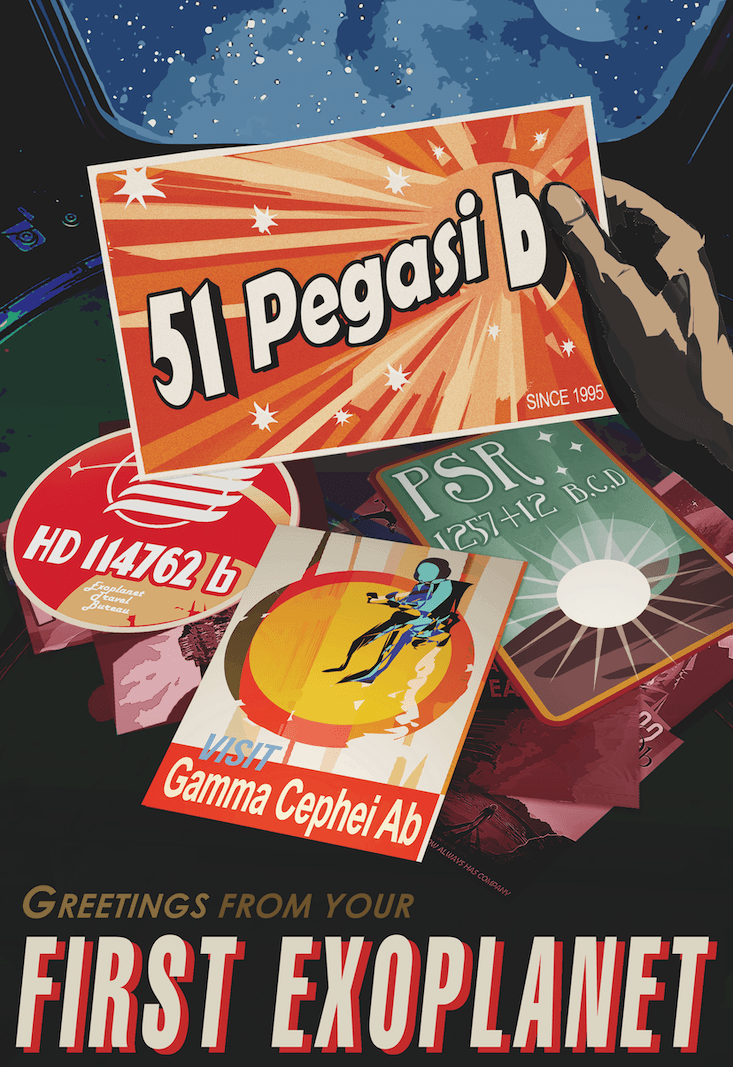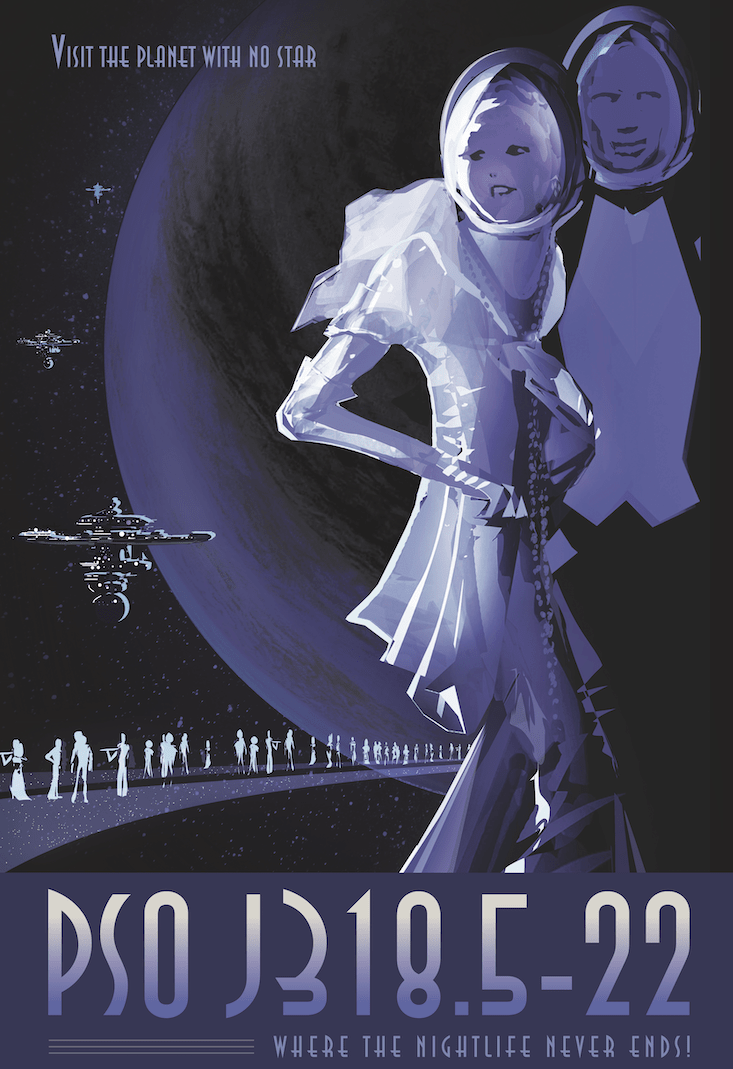The idea of space colonization seems attractive for several reasons. For example, American astrophysicist Neil Degrasse Tyson believes that colonization will improve the economy and become an inspiration for the next generation of scientists. Elon Musk is sure that humanity must populate other planets in order to survive in a catastrophe.
Space colonization is also an opportunity to build a utopia using the colossal resources of the universe. For example, astrobiologist Milan Cirkovic calculated that if humanity colonizes the Virgo Supercluster, then 10⁴⁶ people will be born every hundred years. Swedish philosopher Nick Bostrom believes that if the space colonization fails, the potential of these “valuable lives” will be lost. But perhaps the lives of these trillions of people are not so valuable, according to Bostrom, and the era of space colonization will be more like a dystopia.

Read also: Moon Has A Quarter Of Billion People: CIA Officer Unlocked Moon Mysteries
In one of the articles published in the “Futures” magazine, Phil Torres, a director of the Project for Human Flourishing addresses this issue in detail. He concludes that space colonization may lead to the extinction of the human race.
To argue his views, Torres turns to evolutionary biology and the theory of international relations. According to a scientific study conducted by Oxford University in 2018, humanity is the only technologically advanced life form that can colonize space.
Read also: Moon colonization: Who is going to build the Moon base first and how?
Torres invites readers to imagine what may happen when humanity populates Mars and other relatively close exoplanets suitable for life. Each planet has its own natural conditions that will affect evolution and lead to the emergence of new species. The same holds true for artificially created conditions on spaceships (for example, O’Neill Cylinders).
The process of “cyborgization” (the use of technology to change or improve the human body) is likely to affect evolution even more than the environment. As a result, life forms will appear, whose cognitive, emotional and physical abilities will be very different from the abilities of people.
In other words, natural selection and cyborgization will lead to the diversification of species, according to Torres. But there will be differences in ideology. Colonies will create their own cultures, languages, governments, religions, norms, etc.
Over time, different species will hardly understand each other, which will lead to mutual distrust. Therefore, states will begin to take measures to ensure their own security, which will inevitably lead to conflicts: the militarization of one state will be seen as a threat to the security of another one. In the theory of international relations, this situation is called the “security dilemma
Read also: Almost All Bodies Are Spherical In Space, Why?
Thomas Hobbes found a solution to the dilemma. In Leviathan, Hobbes writes that anarchy should be replaced by a hierarchy where people will live according to the law, the observance of which is monitored by an independent state body. However, according to Torres, the theory of the social contract will not work on the scale of the Universe. The universe is too huge for the state to successfully enforce laws in all its corners.
Future civilizations may try to achieve peace through containment policies. The relations between the USA and the USSR during the Cold War were built precisely on the doctrine of “mutually-assured destruction” (MAD).
Torres believes that containment is ineffective in the era of space colonization. A huge number of different civilizations will live in the Universe, so it will be very difficult to determine who attacked first.

Future civilizations will also create incredibly powerful weapons. Some scientists believe that the universe is now in a metastable state, followed by a more stable one. This change will be possible due to a powerful particle accelerator. Once in the hands of a group advocating for mass suicide, an accelerator may become a weapon that destroys the universe.
Torres believes that all of the above examples should make organizations like SpaceX, NASA and Mars One seriously think about the social issues that are likely to arise as a result of space colonization.
Read also: First Space Crime, Who Owns Moon, Space Laws: Everything You Must Know
According to Torres, in the past, humanity could have avoided many mistakes if organizations and decision-makers more often discussed what problems their actions would lead to. Now, mankind still has time to think over all the consequences of the colonization of space and prevent mistakes.
This article is inspired by the piece published on Nautilus.








